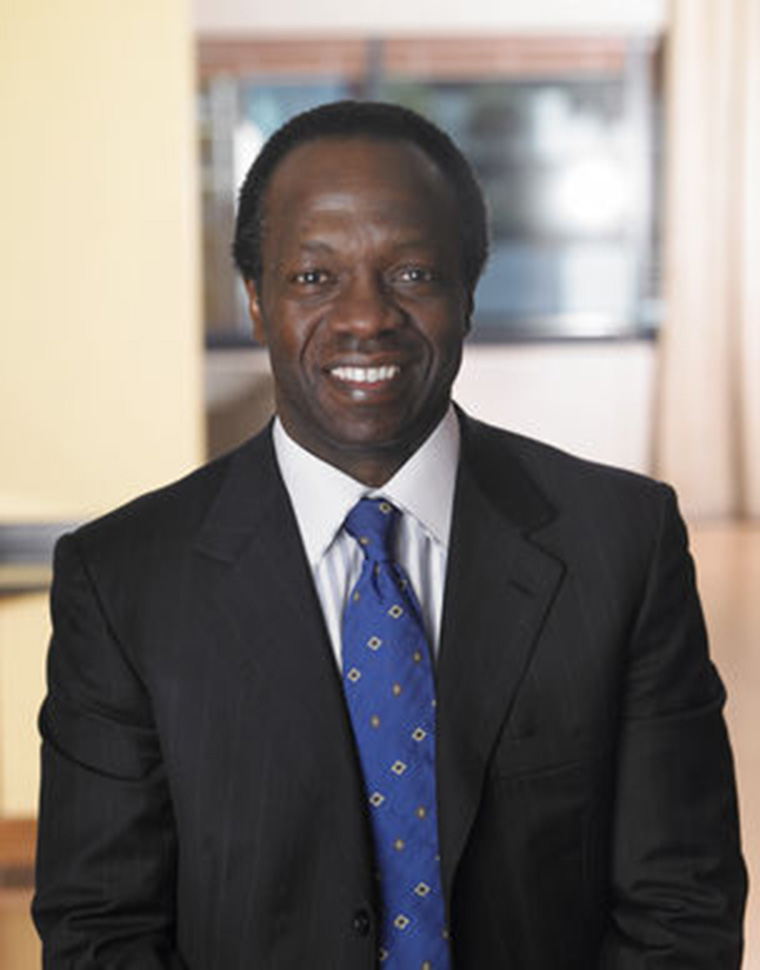Published: September 2, 2011
Slowly but surely, Nigeria’s banking sector is recovering from a torrid few years during which a string of government bailouts knocked confidence across the market.
Recent analysis of nine Nigerian banks’ 2010 and Q1 2011 results by researchers at investment bank Exotix shows that profits are improving. Average return-on-equity rose at the start of this year thanks to higher net interest margins, improving cost efficiency, lower cost of risk and increasing balance sheet leverage.
Much of the sector’s success is due to reforms introduced by central bank governor Lamido Sanusi last year, particularly the creation of the Asset Management Corporation of Nigeria (AMCON), set up to remove non-performing loans from eight banks bailed-out in 2009. The move has helped those lenders to rebuild their balance sheets and restored confidence in the wider banking market.
That’s good news for bank bosses such as Sizwe Nxasana, chief executive of South Africa’s FirstRand Bank. Nxasana is keen to move FirstRand into the Nigerian market and is looking at several investment opportunities, including some of the country’s rescued banks. AMCON, he says, has helped put struggling banks in a better position to grow. “We are going to see more growth in the banking industry as a whole in Nigeria because of the risk management processes that the Central Bank of Nigeria has introduced,” he says.
Not over ‘til it’s over
There are still problems to face. Earlier this month the central bank nationalised Afribank Nigeria, Bank PHB and Spring Bank. It had been reported that these lenders, bailed out in 2009, would miss a September 30 deadline to meet liquidity targets set by the central bank.
The authorities are attempting to make a clean break here. New chairmen are running these banks until buyers can be found, and all three have been rebranded – Afribank Nigeria has become Mainstreet Bank, Bank PHB now trades as Keystone Bank and Spring Bank has been renamed Enterprise Bank.
Other banks have taken better advantage of AMCON’s help. Wema Bank and Utility Bank have recapitalised while Equatorial Trust Bank is said to be in the final stages of negotiations with an investor. The shareholders of Intercontinental Bank and Oceanic Bank have agreed to sell their businesses to Access Bank and Ecobank respectively.
Ben Kruger, deputy chief executive of Standard Bank – which trades in Nigeria as Stanbic IBTC – expects to see more consolidation in the market given the government’s support for troubled banks. “With Nigeria’s strong governor, a strong president and a strong minister of finance, there will probably be a lot of activity,” he says.


